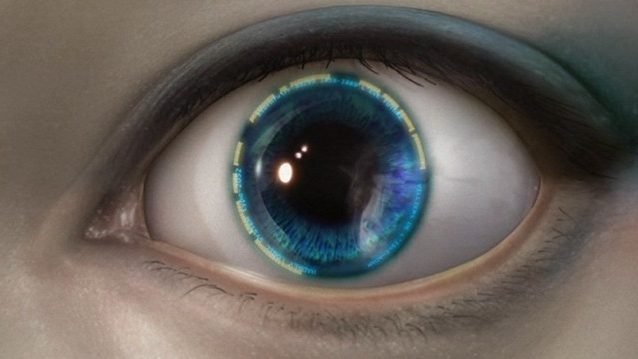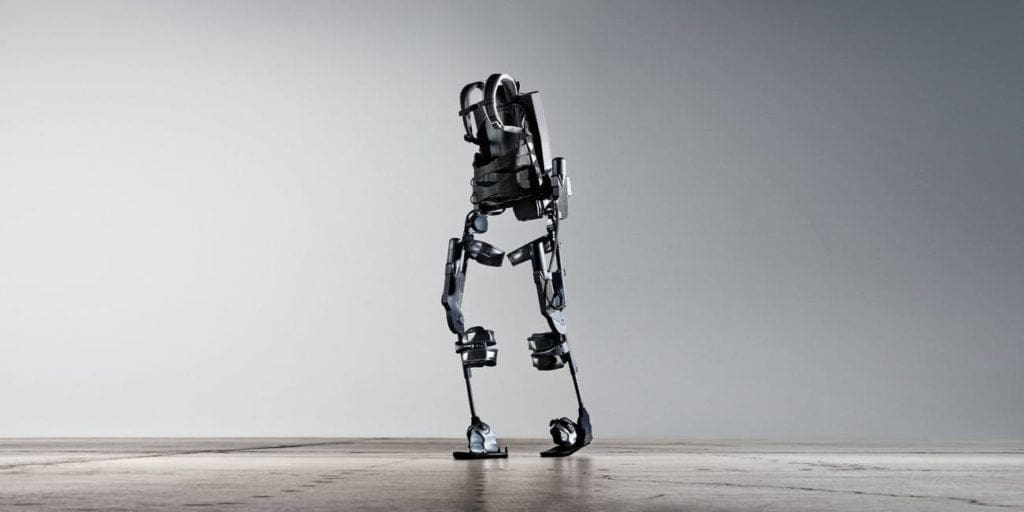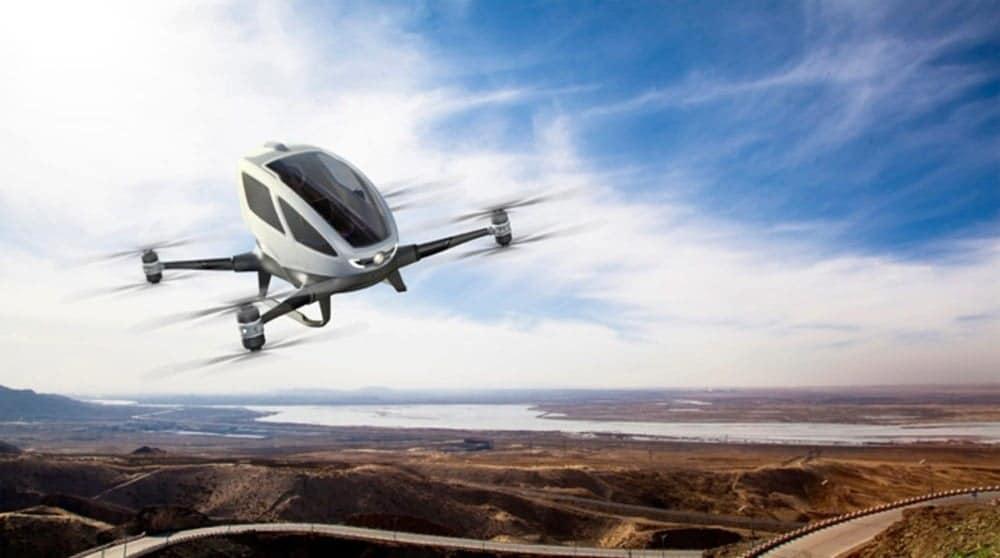Science fiction films are fertile ground for dreaming about the future of technology. The genre has historically helped inspire inventors around the world to attempt to turn someone into reality.
Sure, there are some things that may never be realized, like superluminal speed travel, but there are also some technological inventions that are becoming a reality. Here are six examples from around the world of science fiction technologies that wouldn't be out of place in a genre film, but the list could obviously be much longer.
Contact lenses with zoom

Believe it or not, some scientists at the University of California are currently working on contact lenses that can actually magnify the image. The lenses are able to track eye movements and their zoom function is activated by blinking twice. Amazing, right? The lenses are also able to respond to electrical signals from the eye. These extraordinary biomimetic lenses are able to detect and respond to these signals. Their zoom function works very similarly to that of a regular camera lens. I also told you about it in this post.
Smart mirrors

A joint research project between MIT and Harvard is working on futuristic smart mirrors for health monitoring. These mirrors are supposed to be able to detect minute changes in brightness as blood flows through the vessels in the skin. By analyzing this information and querying its databases, these science fiction technologies could help make an early diagnosis for some serious health problems. If realized, such a mirror could revolutionize healthcare around the world. Currently, the state of smart mirrors this is, or this.
Exoskeletons

A common feature of many science fiction films. From “Iron Man” to “Edge of Tomorrow” and “Alien”, exoskeletons play their part in the most disparate scenarios. Fully enclosed armored suits might be a little extreme right now, but some of their basic components are already in development. Several military forces are already moving forward with their development to improve the combat capabilities of the “future soldier”. Solutions are also being developed to restore the mobility of the elderly and to facilitate manual labor in many industries around the world. In Japan the elderly work theme and exoskeletons coincide. It doesn't take long for them to become commercially available to the masses at a reasonable price.
Flying taxis

Another common feature of science fiction films revolves around flying vehicles, including taxis and other forms of mass transportation. Apparently, several companies are already pushing ahead to make them a reality very soon. A company called Bell Nexus has unveiled its visionary VTOL air taxi that could be a glimpse of the future. According to the company, hybrid electric propulsion and gas turbine flying taxi they should be commercially available within the next five years.
Medical nanobots

Tiny, tiny robots that can heal (or kill) people are the protagonists of several science fiction films and technologies. From those used by the Borg in "Star Trek" to "Red Dwarf", nanobots have been, until yesterday, a credible but apparently unattainable dream for science fiction fans.
Today nanobots are being developed with research teams from around the world. The idea is to inject these little robots into the body to monitor health from the inside. Some will also be equipped with tiny surgical instruments that could actually repair damaged organs in situ.
The jetpacks

From the old "Rocketeer" to the recent "The Mandalorian", jetpacks are science fiction technologies now in the collective imagination. Many inventors have been opening a window into this technology for many decades, but we are now closer than ever to making it a reality. New Zealand company Martin Jetpack spent over 10 years developing a reliable unit that offered users more than 30 minutes of flight time, but it just went bankrupt due to lack of funding. Also there Apollo Jet Packs has realized this dream, limited for now to a few private charterers. There are many applications for the civil and military industries, but it is perhaps among the science fiction technologies listed the one that will take the longest for mass adoption.


